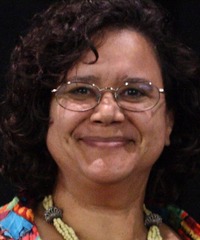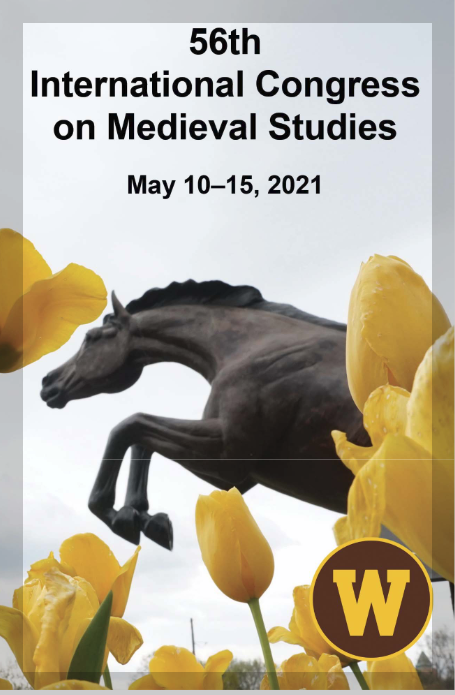TEMA 2021 Call For Papers
31st Texas Medieval Association Annual Conference
October 15-16, 2021
VIRTUAL MEETING
Hosted by Rice University, Houston, TX
Conference Theme:
MEDIEVAL GLOBAL ENCOUNTERS
Permanent Conference Thematic Strand:
Race and Medieval Studies
#TEMA2021
The 31st Annual Conference of the Texas Medieval Association will be held virtually, via an online platform, and hosted by Rice University.
The 2021 TEMA program committee is pleased to invite papers and sessions on all topics in medieval studies. We especially invite papers and sessions contributing to the 2021 conference theme of Medieval Global Encounters, as well as papers and sessions that contribute to the permanent theme of Race and Medieval Studies.
In recent years, the field has seen a significant shift away from a Eurocentric approach to the Middle Ages. The so-called “global turn” in medieval studies has encouraged scholars to transcend traditional geographic and chronological boundaries, and to pursue innovative, interdisciplinary methodologies that have already enriched our understanding of the period. We invite participants to propose papers, sessions, and roundtables that explore hemispheric and global connections between peoples and cultures, c. 500 to c. 1500 CE. Possible topics include mobility and travel, cultural and artistic networks, trade, science and technology, pandemics, ecologies and climate change, and interfaith relations.
TEMA recognizes diversity as a critical component of medieval studies. Therefore, the organizers of the 2020 TEMA meeting established a permanent strand of linked thematic sessions on Race and Medieval Studies that will be part of all future meetings. Papers, sessions, roundtables, and other events that engage with any aspect of this theme are very welcome.
Papers may be submitted in any language, but if you wish to present in a language other than English, please specify this preference. Send title and abstract of approximately 200 words to texasmedieval@gmail.com (with TEMA 2021 PROPOSAL in the subject line) no later than September 1, 2021. Early submission is encouraged: rolling acceptance will begin on July 1, 2021. Among proposals for full sessions, those including participants from more than one institution will be given priority. A prize will be awarded for the best paper by a graduate student. For more information, visit the Texas Medieval Association website [www.texasmedieval.net].

 We are very pleased to announce the establishment the
We are very pleased to announce the establishment the  Even though we won’t be able to greet you in person this year at the International Congress on Medieval Studies in Kalamazoo, the Medieval Academy of America will have a strong presence at the virtual conference, with lectures, sessions, and roundtables focusing on the Global Middle Ages, DEI, and Anti-Racism (May 10-15).
Even though we won’t be able to greet you in person this year at the International Congress on Medieval Studies in Kalamazoo, the Medieval Academy of America will have a strong presence at the virtual conference, with lectures, sessions, and roundtables focusing on the Global Middle Ages, DEI, and Anti-Racism (May 10-15).

